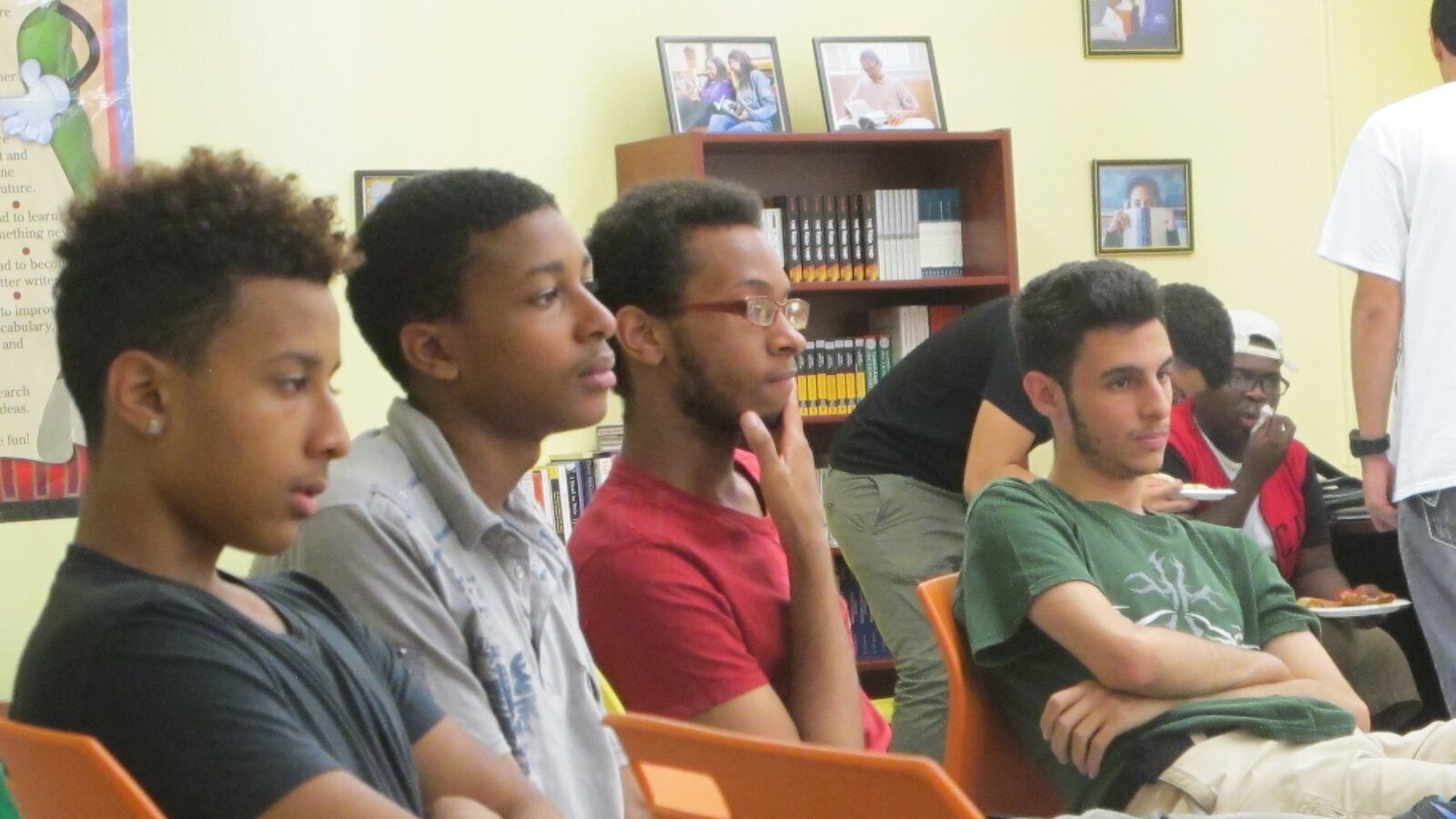Organizations that run summer youth employment programs worry they’ll lose city funding this year, leaving thousands of young people without opportunities to earn money and develop professional skills.
Serving nearly 75,000 young people, between the ages of 14 to 24, New York City runs the largest summer youth jobs program in the nation. The six-week program, operated by community-based organizations, provides work and educational experience in nonprofit, government or private sector jobs. Young people earn the minimum wage of $15 an hour, and for many families, the extra money is critical, especially as so many people are experiencing job losses and other financial crises.
The program cost $164 million last year, with $134 million of that funded by the city.
But the city faces a potential $6 billion blow to its revenue this year as the coronavirus has forced businesses to close. The mayor has asked city agencies to find more than $1 billion in savings, and said this week he’ll have to make “tough, tough budget decisions” as the city works to finalize its own budget by June.
Freddi Goldstein, a spokesperson for the mayor, said there was “nothing to confirm right now” on potential cuts. A spokesperson with the Department of Youth and Community Development did not respond to requests for comment. But individuals who help run or support summer youth employment programs have heard big cuts are on the table.
“Providers have every reason to be worried,” said Manhattan City Councilmember Ben Kallos, who proposed a universal summer program for the city in February.
The preliminary summer youth budget tends to be cut every year before the budget “dance” of restoring funding. But trying to restore summer funding this year will be more challenging than usual, Kallos said.
The need for these programs will be just as great, or perhaps greater, as it’s possible the city will continue to ask families to practice social distancing throughout the summer.
“When school is out, children will need something to keep them engaged and out of trouble, and, most importantly, from spreading coronavirus,” Kallos said. “This will need to be a priority.”
The Bronx-based DreamYard Project, one of many organizations contracted by the city to train and place students at businesses for the program, was planning to place about 230 students in jobs this summer.
“If the mayor leaves the kids behind, we’re gonna have to step up somehow,” said Troy Anthony, interim director of legacy and internship programs at DreamYard Project. “I don’t know what we’re gonna do, frankly.”
After hearing from a government source that funding could be in danger, Anthony has been trying to find other ways to raise money to figure out how his students can be paid for remote work, if they are unable to work on location.
His group has previously connected students to a variety of opportunities, from big consulting firms like Accenture to small projects like working with a Bronx community board to restore a community garden. Without funding, students would lose out on the chance to earn real-world experience, and businesses would also lose out on extra help, Anthony said.
Multiple people connected to the summer youth employment program have told Lazar Treschan, vice president of policy and impact for Here To Here, which works on connecting students to career pathways, that funding might be in danger. His organization does not receive city funding, but has helped DreamYard and other organizations connect with businesses willing to accept students.
Treschan said he’s “very concerned” about the impact on students.
His hope, along with Anthony, is that the city doesn’t cite the coronavirus as a reason to cancel the program this year, and gives organizations the chance to develop virtual alternatives for students.
“We are confident that community-based organizations could put something together if allowed to do so,” Treschan said.
That feeling is shared by Teens Take Charge, a student advocacy group that created a petition Friday pushing the mayor to expand the program. The petition — which garnered nearly 500 signatures in four hours — noted that more than 150,000 young people vied for the program’s 75,000 slots last year.
“If we can shift a 1.1 million student school system to remote learning in a week, we can certainly find a way to offer meaningful summer jobs to a fraction of that number of young people in three months, whether those jobs will be remote or in person,” the petition read.
Community organizations “have a long history” of tweaking services to make sure they’re appropriate for who they’re serving, said Gregory Brender, director of children and youth services at United Neighborhood Houses, or UNH, which represents settlement houses that support summer programs for youth, including employment programs.
“Folks are really turning their attention to the summer,” said Nora Moran, director of policy and advocacy at UNH, “and trying to think really creatively about what are the best ways to support young people over the summer in light of everything that’s happened in the spring and preparing for contingencies.”

